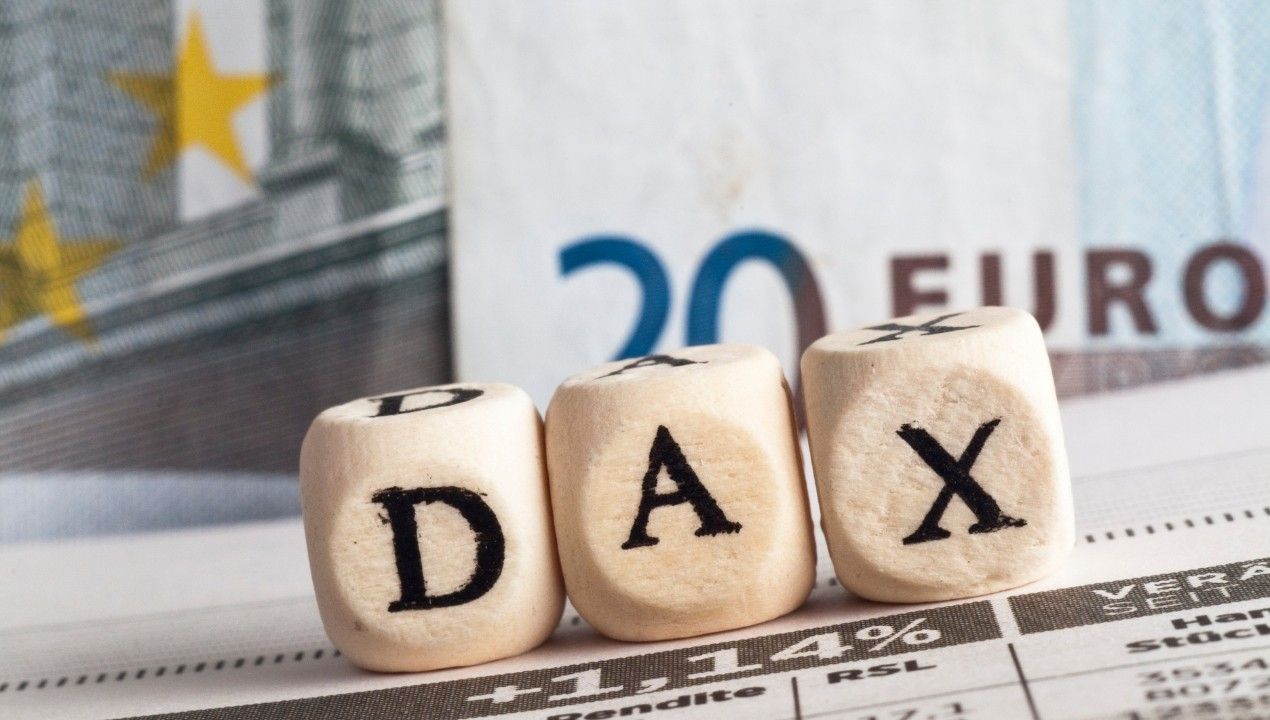FXOpen

For a number of years now, there has been a lot of discourse over the current situation and the future of the German domestic economy.
From both inside Germany and globally, analysts, government officials, and corporate leaders have demonstrated a pessimistic position and, perhaps more interestingly, have done so for a number of years.
Germany is the European Union's largest economy and is also the most populous nation in the European Union, and traditionally, it has been a linchpin within mainland Europe due to its strong manufacturing industries, which export renowned products globally.
In more recent times, however, traditional heavy manufacturing using traditional methodology has become expensive, and in some respects eclipsed commercially by more modern, internet-based technology which now leads the entirety of commercial and domestic industrial sectors from other regions of the world.
Germany, by contrast, remains saddled with the high costs, along with logistical, staff, energy, and real estate matters associated with operating large factories making heavy duty consumer goods such as motor vehicles, kitchen appliances, precision tools and construction materials.
As this year began, it was widely accepted that Germany's economy was in recession, but its stock market was doing well.
This dynamic has continued, and this week, the DAX 40 index (Germany 40 Mini at FXOpen), which is an index consisting of the 40 major German blue-chip companies trading on the Frankfurt Stock Exchange, is among the most traded indices.
At the beginning of this year, reports were circulating that the index was achieving record highs despite Germany's flagging domestic economy and long-standing recession. On January 2, the Germany 40 Mini was trading at 16,751.8, according to FXOpen pricing.
This has become further amplified since then, as the index has been climbing strongly over the past few months and across the entirety of the first two months of 2024. Germany 40 Mini reached lofty heights of 18,574.7 on March 27.
That was the last day of this incredible rally, however, with the Germany 40 Mini beginning to tail off since then, but still the index is at a high value compared to any point over the past few years when looking at its performance in 2022 and 2023. This morning during the European session, pricing looked stable around the 18,014.1 mark at 11.00am CET.
It is an interesting period of volatility within an otherwise rather traditional economy, and clearly, the stellar performance of Germany's top 40 stocks with a backdrop of stagnant national economy is appealing to traders.
Trade global index CFDs with zero commission and tight spreads. Open your FXOpen account now or learn more about trading index CFDs with FXOpen.
This article represents the opinion of the Companies operating under the FXOpen brand only. It is not to be construed as an offer, solicitation, or recommendation with respect to products and services provided by the Companies operating under the FXOpen brand, nor is it to be considered financial advice.
Stay ahead of the market!
Subscribe now to our mailing list and receive the latest market news and insights delivered directly to your inbox.








